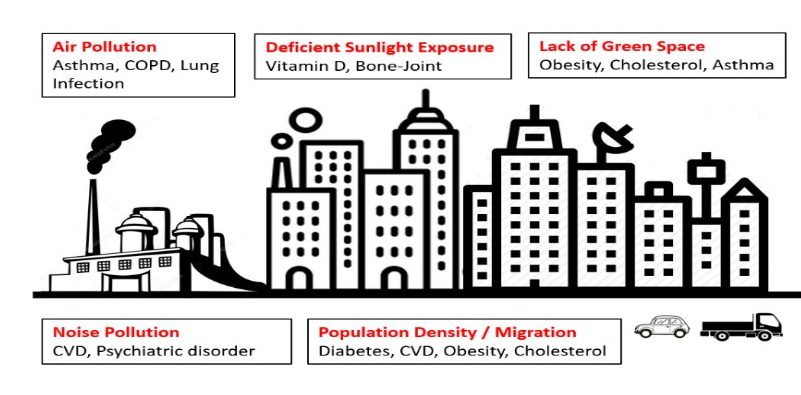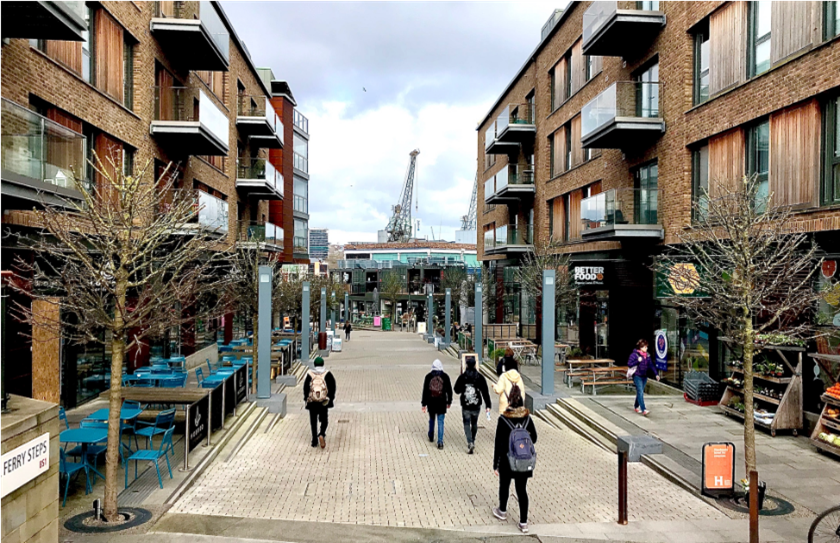City Know-hows

New research on India’s ageing population reveals urban-rural disparities’ impact on health. Urban areas see high rates of obesity, cardiovascular diseases, diabetes, and high cholesterol. Urgent call for urban planning and health policies
Share
Target audience
Health policy makers; environmental and urban planners
The problem
The adverse health effects of urban living during their adulthood and childhood and the associated chronic diseases among older adults in India.
What we did and why
The study aimed to investigate and understand the impact of urban-rural disparities on the health of older adults in India using robust data and statistical techniques. It identified specific health challenges associated with urban living and called for policy measures to mitigate these challenges and enhance the well-being of older urban residents.
Our study’s contribution
This study adds to the existing knowledge by shedding light on the specific health challenges faced by older adults in urban India and by quantifying the impact of urban living on chronic and lifestyle diseases. Its findings have important implications for public health policies and urban planning strategies aimed at improving the well-being of older urban residents.
Impacts for city policy and practice
Lifestyle diseases are a threat to a nation’s socio-economic development and therefore, effective strategies are required. To accomplish the Sustainable Development Goals for health, our findings suggest an urgent need to reinforce stringent environmental-urban planning and health policies such as banning alcohol, increasing non-smoking areas, mandatory green space, and restricting noise levels – all of these help in curbing non-communicable diseases for a better future.
Further information
Full research article:
Related posts

Integrating green spaces into urban planning is crucial for public health. This framework guides cities in evaluating and optimizing their green space strategies to promote health and sustainability, aligning with WHO’s Healthy Cities initiative.

Canadian youth who had better mental health during the first summer of the pandemic tended to also have more nearly local neighbourhood destinations.

This paper investigates how the project development of Wapping Wharf in Bristol impacted the dwellers’ well-being. It finds that the relationship between urban placemaking and dwellers’ wellbeing is not just constitutive, but also mutually reinforcing.